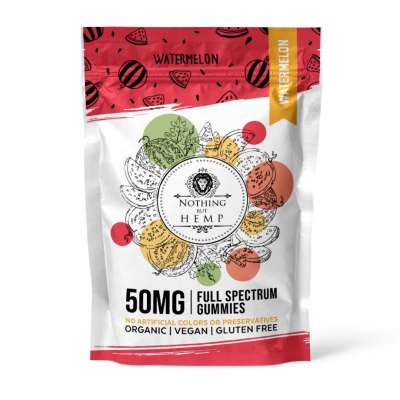
www.theverge.com
This smart ring is rolling out an AI chatbot trained on medical journals
The Evie Ring first debuted at last year’s CES. Since then, it’s launched a second ring and is now introducing an AI chatbot. | Photo by Amelia Holowaty Krales / The Verge
AI is the big buzzword in health tech at CES 2025. Everywhere you look, there are AI algorithms, AI health recommendations, and AI chatbots. The thing is, AI’s got a reputation for making things up — and when it comes to health, the stakes for accuracy and privacy are high.
That’s why smart ring maker Movano wants to make one thing abundantly clear about its new chatbot, EvieAI: this one has been post-trained exclusively on peer-reviewed medical journals.
EvieAI was designed to be a more accurate alternative to something like ChatGPT. The difference is, unlike ChatGPT and other similar generative AI assistants, EvieAI theoretically won’t be pulling from vast repositories of public data where health and wellness misinformation runs rife. According to Movano CEO John Mastrototaro, it’s been trained on and will be constrained to over 100,000 medical journals written by medical professionals.
All the data the LLM has access to comes from accredited sources that have been referred to by a medical advisory board, Mastrototaro says. That includes FDA-approved journals, practices, and procedures. EvieAI is a bounded LLM, which means it will only speak to data from the “post-training” phase after it’s been initially created. In this case, that means medical data. The data is then cross-referenced with organizations like the Mayo Clinic, Harvard, and UCLA. The LLM does this by referencing this outside data before answering and making sure there isn’t a conflict.
The result, according to Movano, is 99 percent accuracy, though we weren’t able to test EvieAI for ourselves before CES. The company says this is possible because anytime you query EvieAI, the LLM is tracking to see if the information given in the conversation is consistent and accurate compared to the data it’s been trained on.
Achieving that level of accuracy is a tall order and a bold claim. Most chatbots don’t make reliably accurate statements, and some specifically steer clear of health and medicine precisely because the stakes are so high. When I ask about AI’s tendency to hallucinate, however, I’m firmly told that Movano isn’t afraid for EvieAI to tell users it doesn’t have an answer.
“If you ask it ‘What do you think about the election?’, it’s not going to respond,” says Mastrototaro. “It’s not going to tell you because it doesn’t have any information about that.”
“I think that it’s okay to say no if you don’t know the answer to something,” he adds. “And I think sometimes, with the other tools out there, they’re gonna answer one way or another, whether it’s right or wrong. We’re just only gonna give an answer if it’s right.”
EvieAI is meant to be a conversational resource that gives clear and concise answers to health and wellness questions, with an emphasis on women’s health (much like the company’s Evie Ring).
Even so, health, wellness, and medicine are an ever-shifting landscape. Even peer-reviewed studies can present contradictory findings. Doctors don’t always agree on emerging science. By and large, health tech has also steered clear of anything that could be considered diagnostic or medical advice — something that would require FDA oversight.
Image: Movano
Here’s what a conversation with EvieAI is meant to look like.
To that end, Mastrototaro says the LLM is updated monthly with new approved documents such as medical journals and articles detailing breakthroughs. He also emphasizes that EvieAI is steering clear of anything diagnostic. The AI will not get into treatment but act more as a guide that asks clarifying questions to steer you in the right direction. For example, if you suspect that you might have diabetes, it may ask clarifying questions about whether you have experienced low vision or weight gain as well as inquire about your diet. But if you tell it you’ve chopped your finger off, or express that you’re experiencing suicidal ideation, it’ll direct you to the ER or to the number to call an appropriate hotline. The hope is that EvieAI can help people better research and prepare for a doctor’s visit in a way that’s more natural and supportive than, say, falling down a WebMD rabbit hole.
As for privacy, Movano says EvieAI will follow industry-standard encryption standards in storage and transmission and that any chats can’t be traced back to individuals. Mastrototaro also says conversation data will be periodically deleted and won’t be used for targeted ads, either.
It can be easy to roll one’s eyes at promises of privacy and accuracy in health tech. Movano has thus far shown a dogged dedication to adhering to medical industry best practices and standards. It recently gained FDA clearance for its EvieMED ring, an enterprise version of its ring aimed at remote patient monitoring and clinical trials. Movano also recently relaunched the consumer version of its Evie Ring to better address initial feedback from customers, like improved sleep and heart rate accuracy.
In the future, Movano hopes to eventually further incorporate individual health data collected by its smart rings. But for now, a beta version will roll out starting on January 8th to existing Evie Ring users within the Evie app at no extra cost.














